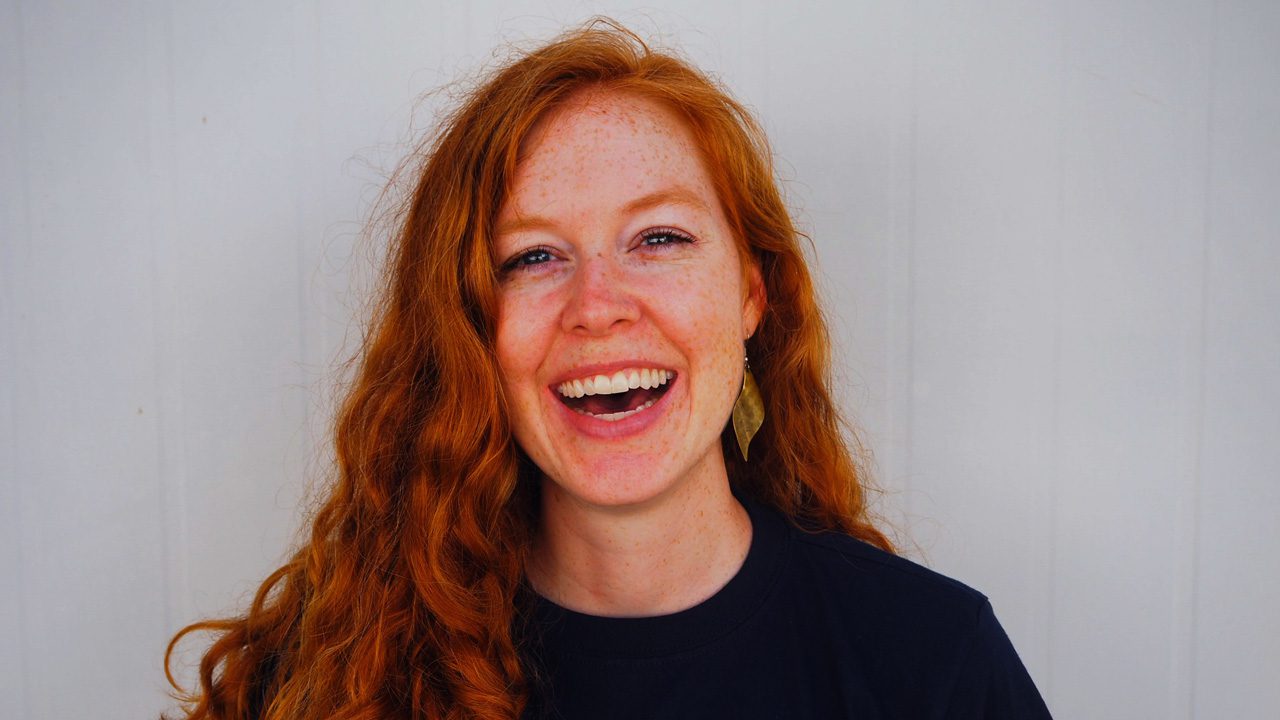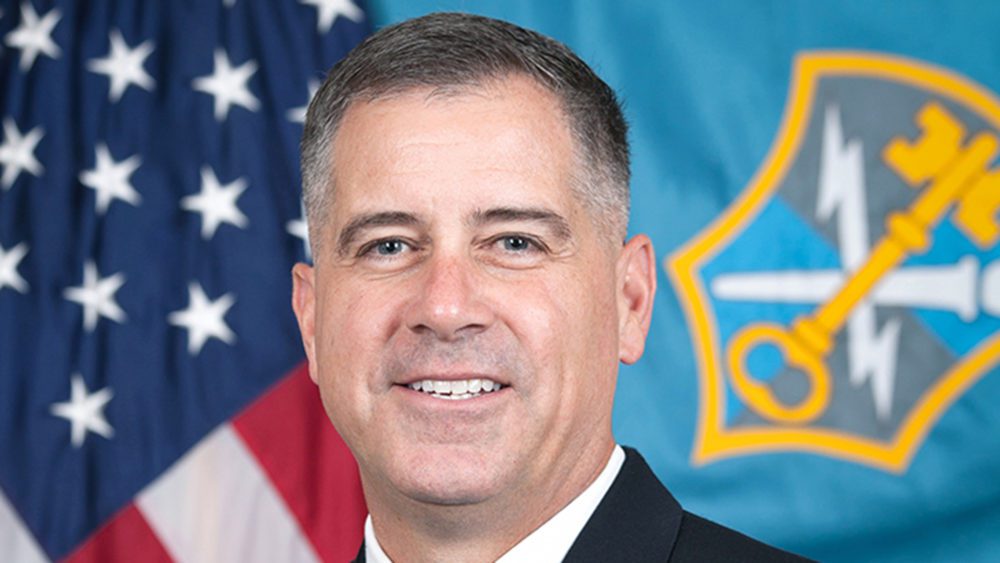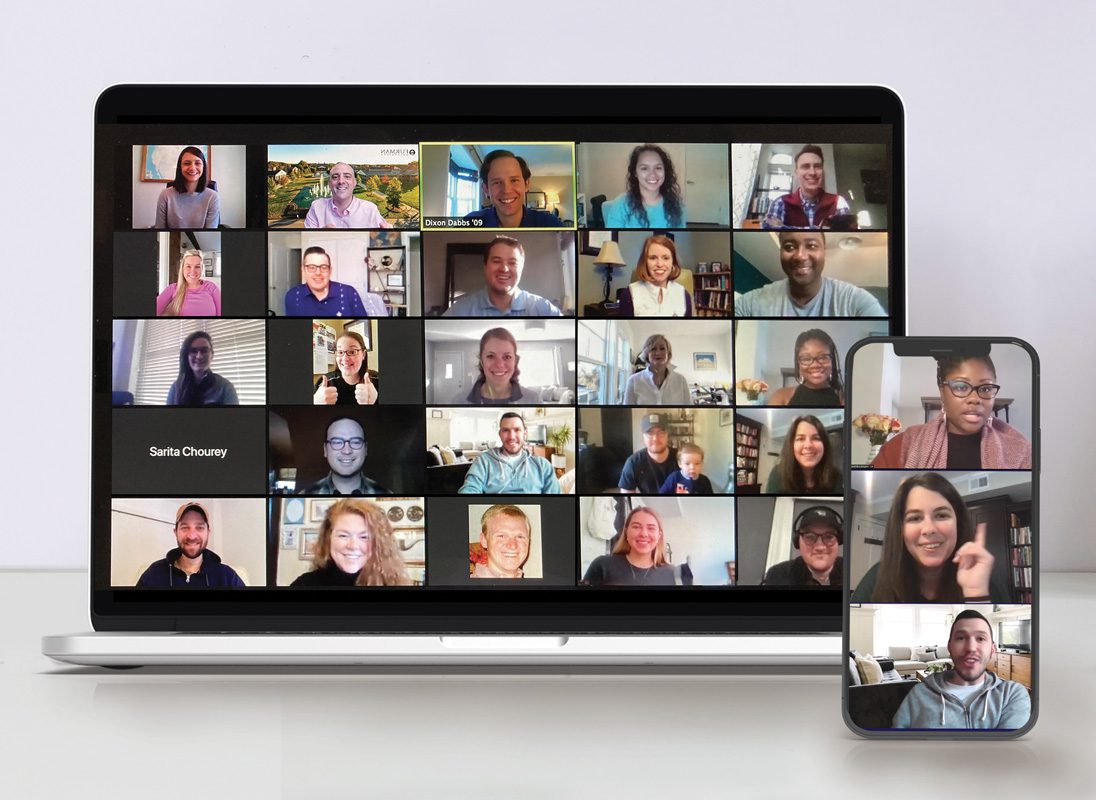

Jessie Cochran ’05/WFP/Alicia Stafford
From Ballroom to River Barge
Jessie Cochran ’05 applies skills and passion in nonprofit work across continents.
By Kelley Bruss
At first glance, you may not see the connection between organizing a barge shipment on the White Nile River in South Sudan and planning a glitzy fundraiser in Washington, D.C. But the same heart and the same talents fueled both jobs.
“If I look back, it all falls into place and makes sense,” says Jessie Cochran ’05. She might be “doing it at a warehouse or an airport, instead of a ballroom, but it’s the same sort of skills.”
Cochran recently completed four years in South Sudan with the United Nations World Food Programme, the world’s largest humanitarian organization, and winner of the 2020 Nobel Peace Prize.
“It’s pretty incredible,” she says. “I can hardly believe it most times.”
Service is a way of life she learned from her parents. In 1994, Tropical Storm Alberto flooded vast stretches of southern Georgia, including Cochran’s hometown, Leesburg. Cochran remembers being in a church gym with her family, sorting toilet paper and snacks to distribute to people who had lost their homes.
She studied history at Furman, which she chose for the quality of its academics, the beauty of its campus and the depth of its commitment to the local community. Cochran was philanthropy chair of her sorority, Delta Delta Delta, and volunteered at the local Habitat for Humanity. “That eventually morphed into my career,” she says.
After graduating, Cochran moved to Washington, D.C., to work in nonprofit event-planning and fund-raising. She thought she’d landed on her way to making a difference, and it was a life she enjoyed for eight years. But she found herself longing for more. “I didn’t feel like I was really living my purpose,” says Cochran.
Working abroad might put her talents to better use, she thought, but she wasn’t sure how to go about that.
“Travel the world and help people, which sounds so simple,” she says, laughing.
She enrolled in a master’s program in international development at the University of Denver, where she focused on operations and logistics and also earned a certification in humanitarian assistance.
“Then I had the education, the passion and the skills that I could put all together,” she says.
Logistics is a key component of humanitarian aid. During a conflict or natural disaster, the world responds with food, medicine, water, shelter – and somehow those supplies need to reach people in crisis.
Cochran finished her master’s program in Geneva, Switzerland, working on global prepositioning of relief supplies with the United Nations Office for Coordination of Humanitarian Affairs.
In 2016, she took an internship in Rome with the World Food Programme (WFP). Then she was offered a placement in South Sudan with the Logistics Cluster, led by the WFP.
“I jumped at the chance,” she says. “I had heard from colleagues that if you can make it in South Sudan as a humanitarian, you can make it anywhere.”
Cochran was in South Sudan for four years, first managing the Logistics Cluster’s hub in the town of Wau, then moving to a position in Juba, the capital.
Her work involved sharing information between agencies, coordinating efforts and supplies, and logistics services such as warehousing and transports by road, river and air.
“We were the entity helping all the other organizations reach the beneficiaries with the items they needed,” she says.
One day she would organize helicopter flights, another she might be planning the cargo for a river barge. One day a road might be closed or a bridge could be washed out by flooding.
“It’s an extremely complex place to respond, while the needs are astronomical,” Cochran says.
The World Food Programme was awarded the Nobel Peace Prize for its role in preventing conflicts by preventing food insecurity. In fall 2020, Cochran was taking the break WFP requires between contracts. She spent the time quietly, gardening with her parents at their home in Georgia, resting on the porch. She was there when she heard about the Nobel Peace Prize.
“There’s still so much work to be done worldwide,” Cochran says. “It’s a good encouragement and motivation.”



